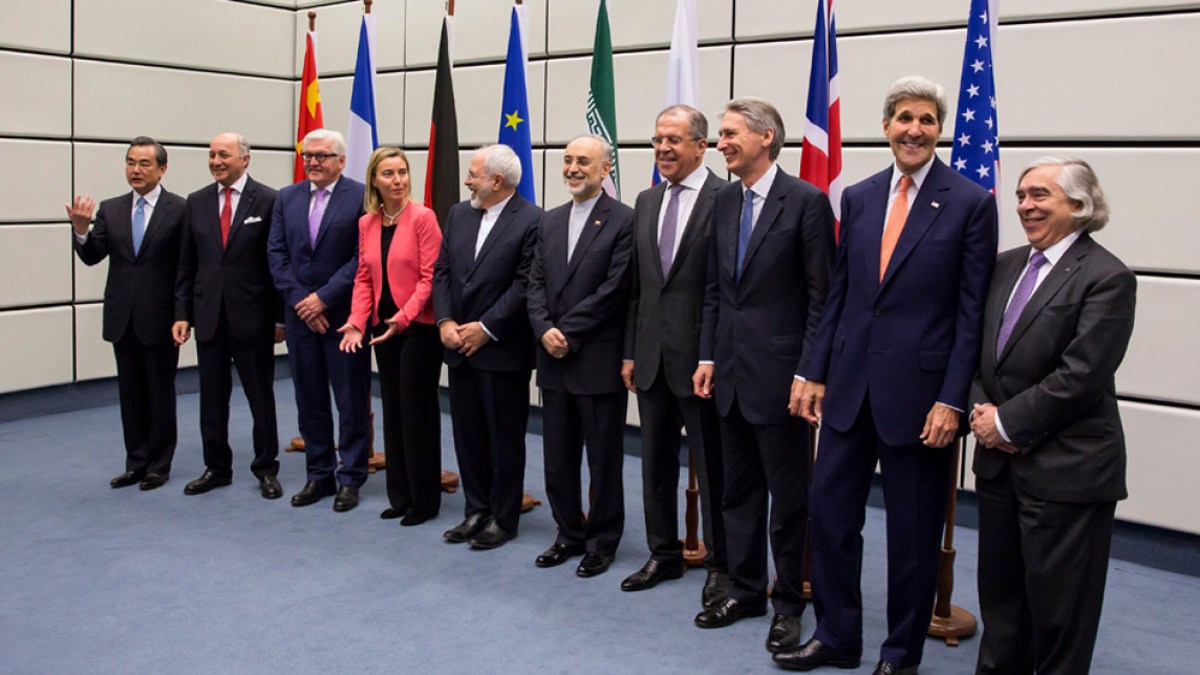RIYADH, Saudi Arabia — Secretary of State Antony Blinken arrived in Saudi Arabia on Monday amidst continued attacks between U.S. forces and Iranian-backed proxy groups. Blinken’s visit carries a complex message: while the United States is targeting militias in Syria and Iraq, it ultimately seeks de-escalation against Iranian-aligned groups.
A senior State Department official stated that “The United States does not want to see the conflict escalated” and “will not escalate the conflict.” The official also mentioned that the U.S. strikes on militia targets on Friday were a proportional response to the killing of three U.S. service members in Jordan on Jan. 28. The United States has refrained from striking targets inside Iran, despite calls from some Republicans in Congress to do so. The official also highlighted the connection between the Israel conflict and the tit-for-tat attacks in the region. Blinken is seeking to advance a potential hostage deal between Hamas and Israel, with efforts to develop a permanent cease-fire.
The strategic efforts of Blinken’s trip, his fifth to the Middle East since the Gaza war began, involve developing postwar planning for a unified, Palestinian-led governing body for the West Bank and the Gaza Strip. If a cessation of hostilities is achieved and Hamas can be removed from power, Blinken will need Washington’s Arab allies to help establish a new governance structure that includes a multibillion-dollar reconstruction effort bankrolled by energy-rich Arab states of the Persian Gulf, reforms to the Palestinian Authority, an agreed-upon path to a Palestinian state, and normalization of relations between Israel and Saudi Arabia.
The Israeli military is expected to expand its campaign in the southern city of Rafah, where more than 1 million displaced Palestinians have sought refuge. Israel had promised to end “high-tempo” military operations by the end of January, which it has not fulfilled. In the absence of exerting leverage over the Israelis by placing conditions on U.S. arms transfers or withholding military assistance, U.S. officials aim to influence Israeli behavior through face-to-face meetings.












